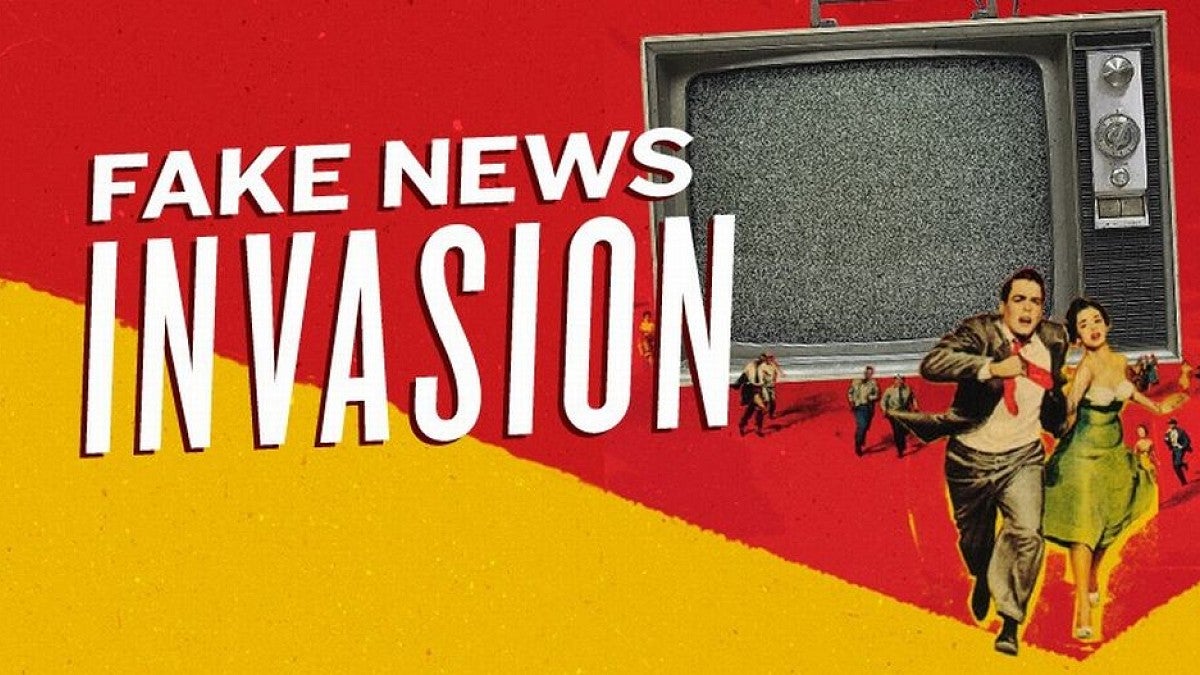These days, it seems everyone is aware of the “fake news” phenomenon. But with so much news out there, how can you tell which news is real, and which is bogus?
Thanks to a University of Oregon librarian, tools and resources that can help make you a savvier consumer of news media are now just a mouse-click away. Created by Carolina Hernandez, journalism and communication librarian with the UO Libraries, the new Fake News and Information Literacy guide was inspired by current events.
RELATED LINKS
“Fake news has become a big part of the general discussion about world events and politics,” Hernandez said. “On our mailing lists, we librarians have been discussing how we can address this. A big part of our role is helping people not only to find information but to evaluate it.”
While partisan reporting and editorial spin have long had a place in the news media, Hernandez cautions that fake news is a development that transcends mere bias.
“I think it is important to make a distinction,” she said. “Fake news is news that is trying to be purposefully deceptive for a reason. It might be to make money by getting people to click, or it might be intended to give people a false impression about someone or something. Part of the process is evaluating the news source — Is this a legitimate publication? Is the story meant to be straight reporting, or an editorial? Often you will need to do legwork and see if other, legitimate news sources are reporting on this same issue.”
The fake news research guide provides tools and tips to help with this vetting process. Librarians refer to the necessary awareness and skills as “information literacy.” According to the Association of College and Research Libraries, information literacy is a “set of integrated abilities” including “the reflective discovery of information, the understanding of how information is produced and valued, and the use of information in creating new knowledge.” Hernandez believes that honing these abilities will pay dividends not only for news consumers but for many academic researchers as well.
“Fake news is important because it’s what everyone is talking about right now and it’s seen as this big issue,” she said. “But the skills that people would use to evaluate a news story are also useful in other types of research. It’s important to not just use these skills to identify fake news stories — you should be asking the same questions of every type of information you encounter.”
The School of Journalism and Communication is also offering help sorting out fake news. See the link above for more information.


